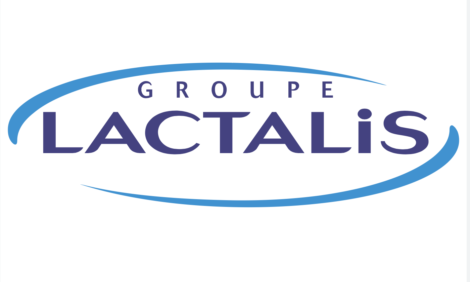



Milk Robbery Reveals Climate Of Fear
UK - The National Farmers' Union (NFU) says a climate of fear has been uncovered by its Great Milk Robbery investigation, with milk buyers forced to sign confidentiality agreements so that no details of negotiations with retailers can be disclosed, leaving the supply chain kept dangerously in the dark.No milk buyer attempted to claim that farmers were getting their fair share of market returns under questioning by the NFU - Instead buyers’ said that the price farmers received for their milk was ‘competitive’ despite the total revenue from the manufacture of dairy commodities in 2010 being worth £322.7m more than the same period last year (equivalent to 3.1p per litre) and average milk prices having increased by just 1.4ppl in the same period.
All ten major milk buyers and retailers responded to questions posed by NFU President Peter Kendall in September asking why farmers are missing out on their fair share of millions of pounds in additional revenue, as revealed by the Great Milk Robbery report.
“Many of the milk buyers responded at great length and I would like to thank them for their candidness and engagement,” said Mr Kendall. “The answers make for interesting reading, not just because of what they do tell us, but in some cases, because of what they don’t, or perhaps can’t.
“I asked milk buyers if retailers were putting them under unfair pressure in negotiations. The one answer they clearly wanted to give me but couldn’t was yes. I believe retailers have created a climate of fear, forcing milk buyers to sign confidentiality agreements so that no details of the negotiation can be disclosed. The balance from healthy competition into ruthless and erratic negotiations has been tipped. Worse still, this is the money that could have been returned to dairy farmers but is instead funding this situation.
“These antics are an affront to hardworking dairy farmers and the NFU should not be alone in criticising this situation as it affects shareholders, consumers and suppliers alike.
“It is clear that this ‘price stalemate’ that we have in the liquid market will be difficult to break until milk buyers stop tearing strips off each other to win business. One way to do this would be to move towards longer term supply agreements between retailers and milk processors to further reduce the frequency of retendering cycles and opportunities for buyers to undercut each other. But I have to say that retailers are behaving like this because the processors have made it easy for them to do so.
“Outside the liquid market I am extremely concerned by the huge weakness in this country’s manufacturing strategy that our work has exposed. No buyer wants to be in commodities, yet all admit that the value has been completely wiped out of the, so- called ‘added value’ market. It seems that too many buyers are holding onto contracts with their customers at any costs when they could be maximising returns from stronger wholesale markets.
“Dairy markets have changed beyond recognition since 2007, yet many milk buyers are still operating to old market strategies. This isn’t good enough. The dairy processing and manufacturing sector needs an urgent overhaul; surely some of this should be looked at by Dairy UK? As the processors’ trade association, it should be focused on its own sector, addressing this obvious market failure and showing leadership in reshaping our manufacturing strategy so that it’s fit for purpose.
“For its part the NFU’s dairy board will develop a strategy for the next decade in dairying, which will show leadership to the supply chain. It will consider the longer term strategic measures that are required to create a better functioning dairy industry and give dairy farmers the confidence to invest for the future.”
TheCattleSite News Desk


